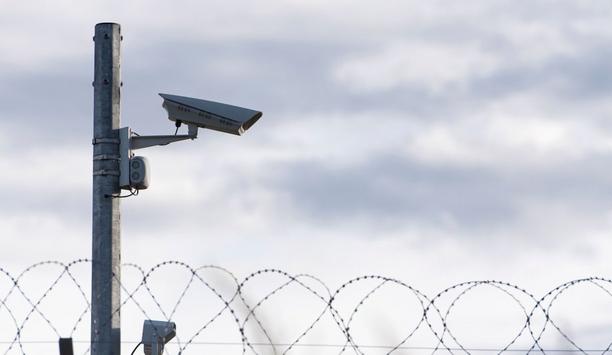 |
| The guide details the changes to the licensing and regulatory regime of UK's security industry |
The British Security Industry Association has produced a guide for end-users and security buyers, to help them understand the proposed changes to the licensing and regulatory regime of the UK’s private security industry, which are set to impact all companies that use private security personnel.
From 2013 onwards, there will be a gradual change in the way private security companies and individual officers operating in the UK are licensed and regulated, a function undertaken by the Security Industry Authority (SIA). These changes will be implemented over time, and will change the requirements and responsibilities of both security companies and their customers, under the law.
Following the Public Bodies Review in 2010 often better known as the ‘Bonfire of the Quangos’, which aimed to increase the transparency and accountability of all public services and ensure that the Government operates in a more efficient and business-like way, it was announced that the SIA was to be abolished.
The British Security Industry Association (BSIA) the trade body representing the UK’s private security industry acted quickly to respond to this announcement, and following the draft of a letter to the Home Secretary, the Government’s message was softened to one of reform rather than abolition.
The new solution preferred by Government and industry is a phased transition to a business licensing regime. Under this regime, the focus of regulatory control would move from the licensing of individual security operatives to the licensing of private security businesses, and businesses would be responsible for ensuring that required checks on individuals are carried out, although the regulator would continue to undertake individual criminality checks.
Trevor Elliott, Director of Manpower and Membership Services at the BSIA, comments: “Over the next couple of years, the regulatory landscape of the private security industry will change dramatically, and the legal responsibilities of both security companies and their customers will be affected.”
The new solution preferred by Government and industry is a phased transition to a business licensing regime |
“While it may take a while for these changes to become apparent to the end-user, early preparation is essential to ensure that companies procuring security personnel understand what’s changing, and what they need to do to ensure that they continue to operate within the law.”
To help customers of the industry who may be affected by this change, the BSIA has produced a handy online guide, which answers end-users’ frequently asked questions and provides essential background information on why this change is taking place. Importantly, the guide also details key dates in the transition process and advises on how businesses can begin to prepare themselves for this change.
Trevor Elliott continues: “The BSIA is encouraging all of its licensable member companies to discuss the potential impact of regulatory change with their customers at an early opportunity, and while many of them are already doing so, this guide will provide a useful reference point for end-users wishing to make sure they are fully prepared.”


















